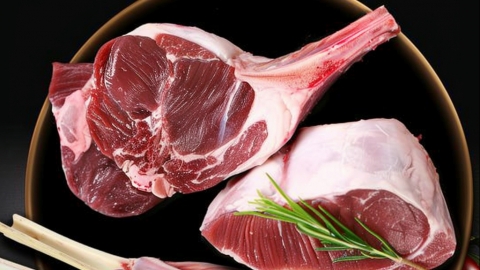Can children eat beef when they have a fever?
Generally speaking, children with a fever can eat beef, but it is not recommended to consume large amounts. The detailed explanation is as follows:

When a child has a fever, their body is in a state of consumption and requires supplementation with high-quality nutrients to support recovery. Beef is one suitable option. It is rich in high-quality protein, which provides the building materials necessary for cell repair and enhancing resistance to illness. Additionally, beef contains minerals such as iron and zinc; iron helps prevent iron deficiency that may result from reduced appetite during a fever, while zinc aids in regulating immune function. These nutrients positively contribute to a child's recovery from fever. However, beef should be prepared in a soft and easily digestible form, such as minced beef or beef porridge, to facilitate digestion and absorption.
When feeding beef to a child with a fever, it's important to control the portion size to avoid overburdening the digestive system. Cooking methods should be light, using minimal oil and salt, and avoiding heavily seasoned preparations such as frying or braising. After consumption, observe whether the child experiences discomfort such as bloating or indigestion. If the child has inherently weak digestion or concurrent severe gastrointestinal symptoms, it is advisable to reduce or avoid beef temporarily. A balanced diet should remain the primary focus during the fever. If symptoms persist, seek medical attention promptly.








